In a world brimming with diversity, human sexuality stands as a vibrant mosaic of experiences, desires, and identities. At the heart of this mosaic lies the concept of being gay – a topic steeped in intrigue, complexity, and deeply personal significance. From the captivating field of emotions to the intricate web of social dynamics, exploring what it truly means to be gay unveils a fascinating journey of self-discovery and understanding.
Understanding the Concept of Gay
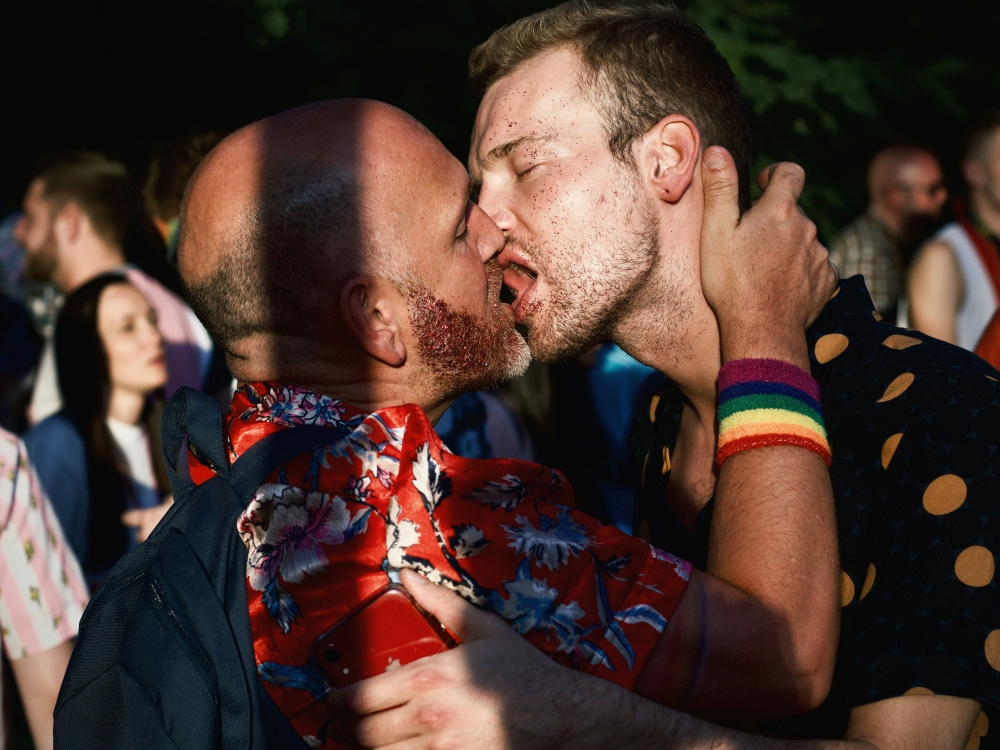
Appreciating the concept of homosexuality is vital for understanding the intricacies of human sexual orientation. Gay individuals are those whose predominant attractions are towards emotional, romantic, and sexual connections with individuals of the same gender. This orientation encompasses a myriad of identities, including gay, lesbian, bisexual, queer, and others, illustrating the broad spectrum of human diversity.
At its core, being gay is about forming connections and relationships with individuals who share a similar gender identity. These attractions can range from fleeting infatuations to deep, enduring bonds, shaping the way individuals perceive themselves and navigate their interactions with others. Moreover, being gay extends beyond mere sexual behavior, encompassing a profound sense of identity and belonging within LGBTQ+ communities.
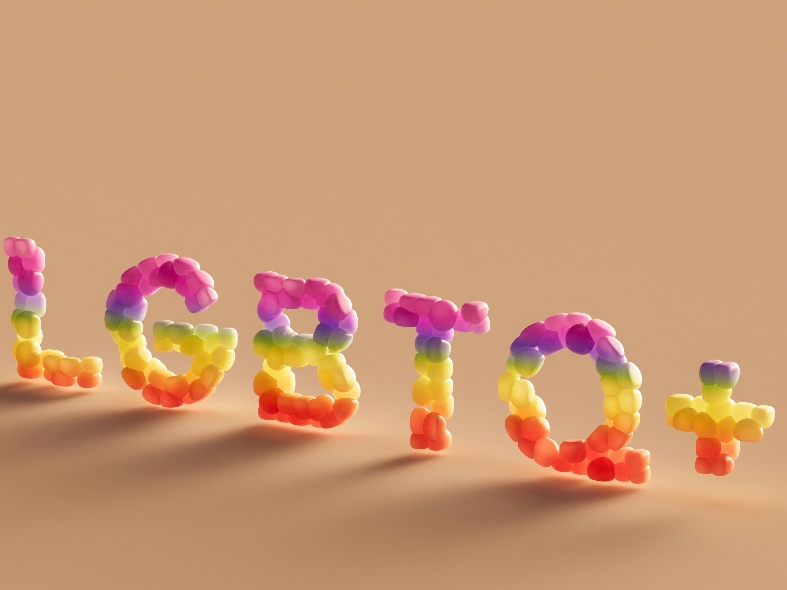
Understanding the concept of gay also entails acknowledging the historical and cultural contexts that have shaped perceptions of same-sex attraction. Throughout history, diverse societies have held varied attitudes towards homosexuality, ranging from acceptance and celebration to condemnation and persecution. Even in modern times, societal norms and values play a crucial role in shaping individuals' perceptions and expressions of sexual orientation.
Furthermore, understanding gayness requires recognizing the intersectionality of identities, including race, ethnicity, gender, and socioeconomic status. LGBTQ+ individuals experience unique challenges and forms of discrimination based on these intersecting factors, highlighting the need for inclusive and intersectional approaches to advocacy and support.
Why are People Gay?
Understanding why individuals are gay involves exploring a multifaceted interplay of biological, psychological, and environmental factors. Each dimension contributes to the complexity of human sexuality, shaping individuals' sexual orientation in unique ways.
Biological Factors

Biological factors encompass genetic, hormonal, and neurobiological influences that may contribute to a person's sexual orientation. Research suggests that genetic predispositions and variations in hormone levels during prenatal development can influence sexual orientation. Besides, there exist discrepancies in brain structure and function across individuals with disparate sexual orientations, implying a potential neurobiological framework for homosexuality.
Psychological Factors

Psychological factors involve individual experiences, perceptions, and cognitive processes that shape sexual orientation. Early childhood experiences, family dynamics, and peer relationships may influence the development of sexual identity. Furthermore, psychoanalytic theories propose that unconscious desires and conflicts may play a role in shaping sexual orientation, although empirical evidence supporting these theories is limited.
Environmental and Social Factors
Environmental and social factors encompass the societal, cultural, and environmental influences that shape individuals' understanding and expression of their sexual orientation. Social norms, cultural attitudes towards homosexuality, and exposure to diverse representations of sexuality can all impact individuals' self-perception and acceptance of their sexual orientation.
Moreover, experiences of discrimination, stigma, and social support networks can significantly influence individuals' comfort and openness about their sexual orientation.
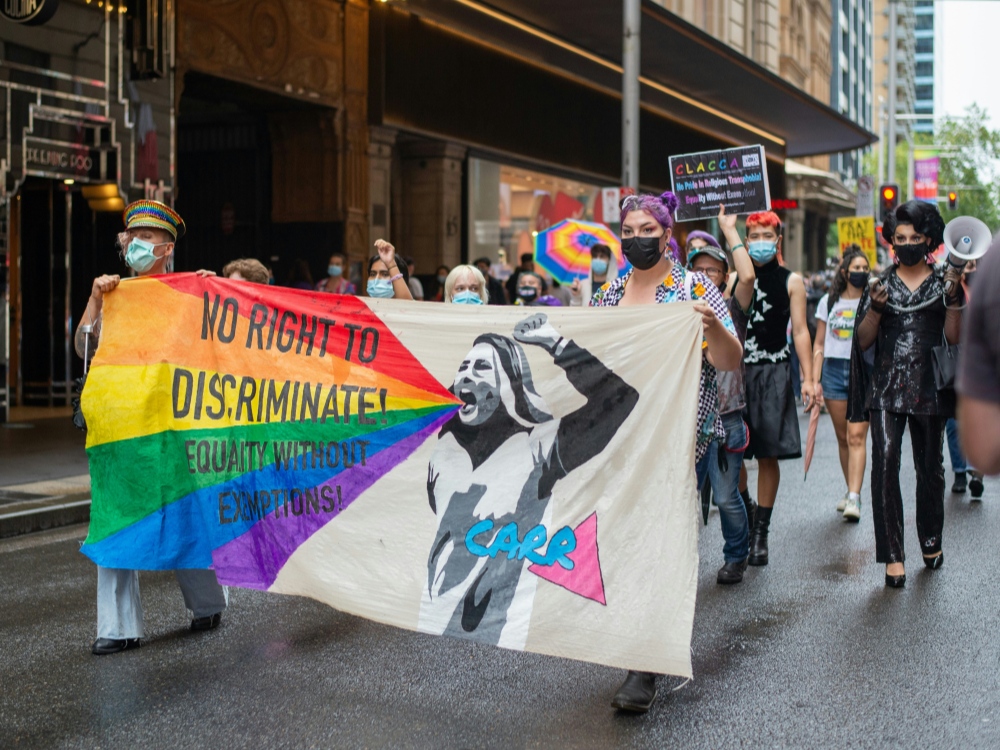
In essence, the reasons why people are gay are multifaceted and complex, reflecting the intricate interplay between biology, psychology, and social factors. While research has provided insights into various aspects of sexual orientation, the exact mechanisms underlying homosexuality remain a subject of ongoing investigation and debate.
How Do I Know if I'm Gay?
Determining one's sexual orientation is a deeply personal journey, filled with introspection, self-discovery, and contemplation. If you find yourself questioning your sexual attraction and identity, you're not alone. Many individuals navigate similar paths as they seek to understand their true selves. Here are several guidelines to aid in unraveling your emotions:
Deciphering Your Emotions and Desires
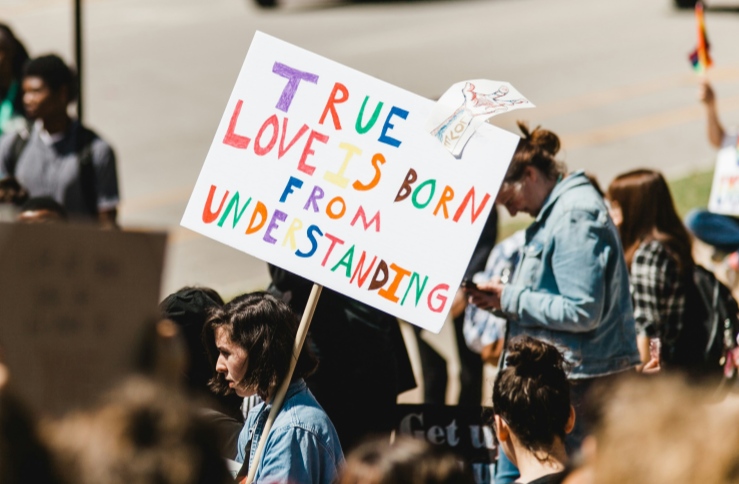
- Explore Your Feelings
Engage in introspection to understand your romantic and sexual fascinations. Notice who you feel drawn to and what emotions arise when you think about relationships and intimacy.
- Pay Attention to Crushes and Fantasies
Consider the individuals who occupy your thoughts and dreams romantically or sexually. Identifying recurring patterns or attractions can provide insights into your sexual orientation.
- Explore Emotional Connections
Assess the quality of emotional connections you form with individuals of different genders. Reflect on whether you feel a deeper emotional resonance with individuals of the same gender.
Exploring Identity and Self-Reflection
- Question Stereotypes and Assumptions
Challenge societal stereotypes and assumptions about sexuality. Allow yourself the freedom to explore and define your own identity without conforming to societal norms.
- Journaling and Self-Expression
Engage in journaling or creative forms of self-expression to explore your thoughts, feelings, and experiences related to your sexuality. Putting thoughts onto paper can illuminate aspects of your identity, fostering clarity and understanding.
- Seek Role Models and Representation
Seeking out LGBTQ+ role models and representation in various mediums such as media, literature, and community spaces can also be beneficial. Hearing others' stories and experiences can validate your own feelings and provide a sense of belonging.
Seeking Support and Guidance
- Connect with LGBTQ+ Communities
Seek out LGBTQ+ communities, support groups, or online forums where you can interact with individuals who share similar experiences. Connecting with others can offer support and validation.
- Confide in Supportive Individuals
Share your feelings with trusted friends, family members, or mentors who offer understanding and support. Expressing yourself can alleviate feelings of isolation and provide emotional reassurance.
- Seek Professional Assistance
If you're grappling with understanding your sexual orientation or facing distress, consider consulting with a therapist or counselor specializing in LGBTQ+ issues. Professional guidance can provide valuable insights and coping mechanisms.
Keep in mind that comprehending your sexual orientation is a personal voyage, and there's no need to hastily label yourself. Allow yourself the time and space to explore your identity at your own pace, exercising patience and self-acceptance.
Besides, if you still feel confused, maybe you can take some quizzes to help, such as Am I Gay Quiz, and the Gay Test.
If I am Gay, how to come out?
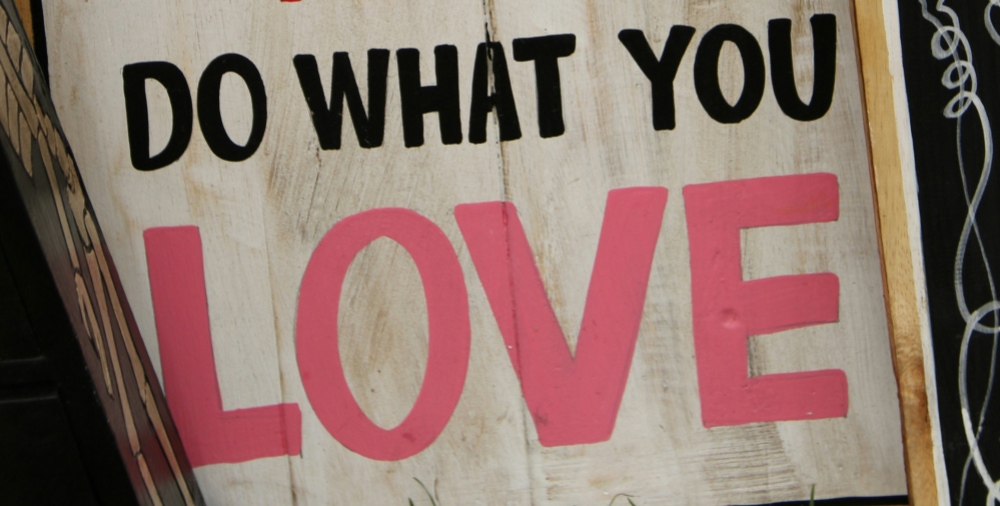
The timing and extent of coming out vary greatly among individuals. While some embrace their identity early on, others may never disclose it. Additionally, while some may openly share with everyone in their circle, others may choose to confide only in a chosen few.
The process of coming out is inherently personal, devoid of a one-size-fits-all formula. How you navigate this journey will be influenced by your individual background and context. The paramount concern is ensuring that you traverse this path authentically and securely, prioritizing your well-being above all else.
Navigating the Coming Out Process
- Know Yourself
Before coming out, take time to understand and accept your own sexual orientation. Self-awareness and self-acceptance are essential elements that create a solid foundation for a more streamlined experience in coming out.
- Educate Yourself
Familiarize yourself with LGBTQ+ terminology, rights, and resources. Knowledge empowers you to articulate your identity confidently and address any misconceptions or questions others may have.
- Consider Safety
Assess your safety and well-being before coming out. If you expect negative responses or potential harm, your safety should be your top concern; seek support from trusted individuals or organizations to ensure your well-being.
Choosing the Right Time and Place
- Trust Your Instincts
Choose a time and place to come out that feels safe and comfortable for you. Trust your instincts and prioritize your emotional well-being when deciding when and how to share your truth.
Always remember, that the process of coming out is highly individualized, and there's no definitive way to go about it. Believe in yourself, seek assistance if needed, and celebrate your identity with pride and genuineness.







